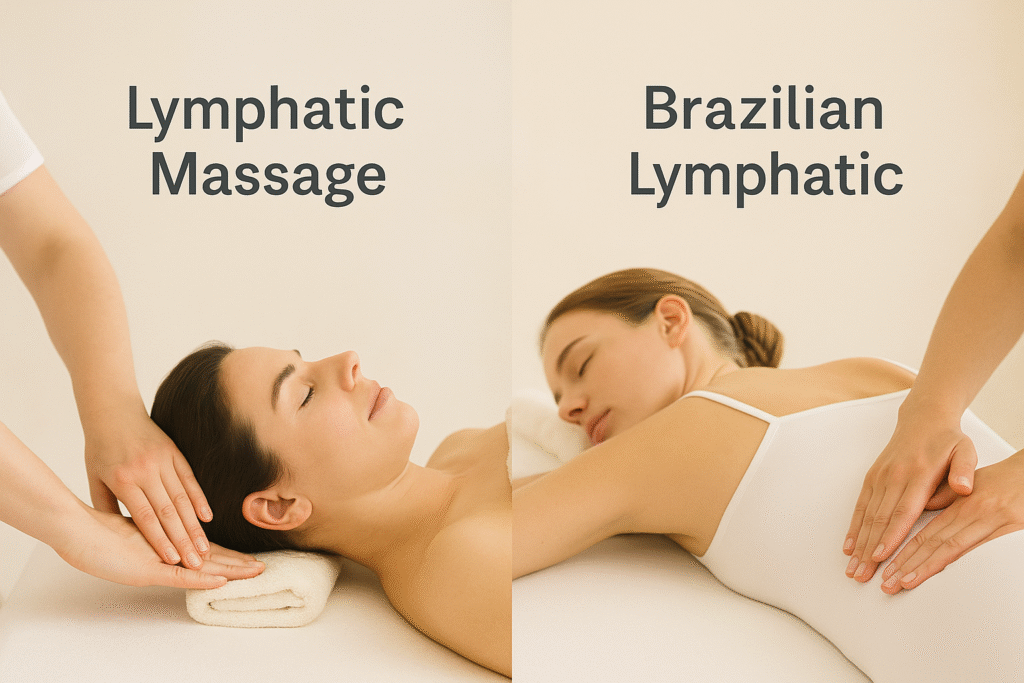Temporomandibular joint (TMJ) disorders can be a frustrating and painful condition, affecting your ability to speak, chew, and even sleep (emphasis on the sleep) comfortably. If you’re experiencing jaw pain, clicking, or tension, you may be wondering about the best ways to find relief. Massage therapy offers natural, non-invasive approaches to help alleviate TMJ symptoms …
Temporomandibular joint (TMJ) disorders can be a frustrating and painful condition, affecting your ability to speak, chew, and even sleep (emphasis on the sleep) comfortably. If you’re experiencing jaw pain, clicking, or tension, you may be wondering about the best ways to find relief. Massage therapy offers natural, non-invasive approaches to help alleviate TMJ symptoms and restore proper jaw function.
Understanding TMJ Disorders
The temporomandibular joint (TMJ) connects your jawbone to your skull and is responsible for movements like chewing and speaking; and the common causes of TMJ disorders include stress, teeth grinding (bruxism), poor posture, arthritis, and jaw misalignment. This leads to the joint becoming inflamed, misaligned, or stressed, leading to symptoms such as:
- Jaw pain or tenderness
- Clicking, popping, or grinding noises when moving the jaw
- Difficulty chewing or biting
- Locking of the jaw
- Headaches, earaches, and facial pain
While chiropractic and massage therapy can address symptoms and imbalances to provide relief, addressing the root cause is essential to finding long-term relief.
Treatment Options for TMJ Disorders
Combining the correct care, including massage therapy offers a holistic, drug-free way to manage TMJ disorders. Regular treatments can ensure proper alignment, while massage therapy keeps the jaw and surrounding muscles relaxed. Patients often experience reduced pain, better jaw mobility, and improved overall well-being. More specifically, adjustments from a chiropractor can help address your symptoms by:
- Aligning the spine and jaw: Misalignments in the cervical spine (neck) can contribute to TMJ dysfunction. Gentle adjustments can improve alignment, reducing strain on the jaw.
- Relieving muscle tension: TMJ issues are often linked to tight muscles in the neck, shoulders, and jaw. Chiropractic care can release muscle tension that contributes to jaw pain.
- Improving nervous system function: A properly aligned spine helps the nervous system function optimally, reducing inflammation and pain signals related to TMJ disorders.
If you’re struggling with TMJ discomfort, consider booking an appointment with a trained therapist. They will create a customized treatment plan that can help you regain comfort and restore proper jaw function naturally.






